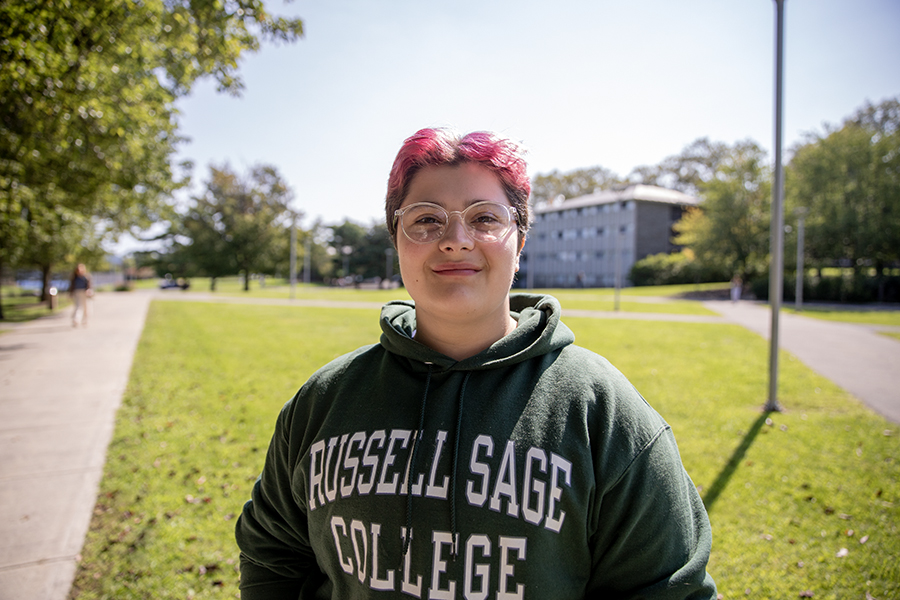Editor’s Note: This is a commentary. The opinions do not necessarily reflect the views of the editorial board.
What is education without exposure to new and potentially challenging content? This is the question that sticks with me as I learn about the recent book bans and curriculum changes happening across the country.
As you may know, legislators in many different states have taken control of public school curriculums and reading materials. Some claim that the banned books contain explicit content that is not appropriate for younger readers, while the debate about curriculums has existed for a long time. For example, abstinence-only education is the standard for several states in the U.S. because many people believe that discussions about sex should take place at home. The magic of public education is that children are able to access it, ideally despite whatever social or economic barriers they may face. Just because some students may receive guidance at home, does not mean that all will.
First, we must address the concept of vulgar or non-age-appropriate content. Though I can agree that there are certain books and curriculums that should not be shown to students until they have reached a certain age, the specifics are incredibly subjective. Just two people might have a hard time agreeing on what words and subject matters are appropriate for what ages, let alone entire counties or states. It is also important to point out that these laws and bans have greatly affected authors who are part of the LGBTQ+ community and/or are people of color. When any policy disproportionally affects marginalized communities, it must be scrutinized for its motivation and methods of enforcement. In other words, are these policies being created to protect children, as many claim, or to carry out other political agendas?
Overall, it makes more sense for teachers to be the ones to make decisions about what type of content students will be exposed to. This is partially because teachers are educated in education and have an understanding of cognitive development. This is mainly because teachers are in the classroom with their students every day. They have the opportunity and ability to gauge their student’s maturity and intellectual capability, and to build lesson plans based on that information.
There is a term that comes to mind when I am answering the question of whether children should be exposed to challenging content within the public school system: media literacy. My working definition for this term is the ability to absorb and analyze content critically in all contexts. Media literacy has always been important for leading an educated and thoughtful life. It allows us to take in information and opinions while parsing out what is helpful and what is not, or what might even be harmful. In a time where children have (often unvetted) access to the internet, it is a crucial skill.
Most people are taking in at least some form of content for a good portion of their day. Exposure to harmful or inappropriate content now happens younger, faster and often in ways that are harder for parents to effectively mitigate. Children should learn how to recognize and interact with this type of content when it is presented to them. The best way for students to develop these skills is to be exposed to this content in a safe and constructive environment; it is nearly impossible to defend yourself against something that you have absolutely no prerequisite for. I believe that the classroom is a perfect setting for this. Teachers are there to handpick content, present it in an age-appropriate way and provide options for what students might do if they come across that type of content on their own.
What is great about the classroom for this kind of exercise is not only that teachers serve as a guardrail for these discussions, but also that students are able to hear the perspectives and feelings of their peers. This is invaluable. When a student comes across something that they may not deem harmful or offensive, seeing how it might affect their peers can allow them to better understand its overall impact. All this exposure, in a safe, controlled environment, will help students to recognize, understand and ignore, or fight against harmful or vulgar content when they come across it.
In the digital age, it is not a question of if students will come across harmful content, but rather when; and how will they respond? It is our school system’s responsibility to prepare them for this.
Gabe Hendershot (he/him) is a first-year film, photography and visual art major who comes from a family of educators. Contact him at [email protected].








